What Is White Tea?
White tea is a delicate and unique tea, prized for its refined and pure flavour.
White tea is one of the rarest teas due to the meticulous nature of its production, with the tea leaves being hand-harvested only once a year in the early spring. Tea pickers choose the youngest parts of the plant and harvest only the fresh top leaves and unopened buds.
The name “white tea” comes from the little white hairs found on these young plants. After they’re picked, the leaves are dried immediately to ensure that they keep their light, delicate flavour. This process and small harvest window mean that each cup of white tea must be cherished.
How Is White Tea Different From Green Tea And Black Tea?
While white tea is made from the same leaves as black tea and green tea, it's quite a different drink. White tea is dried immediately after harvesting, unlike green and black tea which are allowed time to oxidise, during which they become darker and gain an earthier, more intense flavour.
The result is that white tea is much lighter in appearance and flavour than green or black tea. White tea is also typically lower in caffeine content in comparison to green and black tea and enjoys a high-antioxidant content due to the minimal processing used.
Where Does White Tea Come From?
White tea originally comes from the Fujian Province in China. Most traditional white teas still come from China, such as our Jasmine Silver Needle, but it’s also grown in other tea-producing countries such as Sri Lanka, India, Nepal, Thailand and Taiwan.
What Does White Tea Taste Like?
White tea has a delicate, subtle flavour profile and a light, fresh mouthfeel. They are not as intense as other teas; if you find black and green tea too bitter you may enjoy white tea.
The exact flavour of your cup of white tea will depend on the type you choose.
White Peony
A traditional Chinese white tea, also known as Bai Mudan. This tea offers a fresh floral aroma and pale-yellow infusion. A light and delicate cup with notes of apricot and ripe pear and clean floral sweet mouthfeel.
Jasmine Silver Needle
An ancient blend of white tea and jasmine blossoms. This tea offers an intensely floral aroma and clear light golden yellow hue and brings a delicate and soothing sensation to your tastebuds.
Rare Ceylon Silver Tips
A rare white tea from Sri Lanka. This tea offers a fresh, clean aroma and champagne hued infusion. Despite being a light tea, it is packed with complex flavours which reflect the mountainous terroir where the leaves are grown.
Glenburn White Moonshine
A unique white Darjeeling from India, grown and harvested on the esteemed Glenburn Tea Estate. The tea offers a spring white blossom aroma and light-yellow infusion, combining the complex, muscatel notes of a Darjeeling with the delicacy and subtle fruit flavour of a white tea.
How Do I Make White Tea?
It’s best to wait for boiling water to cool before adding it to your tea leaves or bag. Aim for about 70°C as water that’s too hot can scorch the delicate leaves (and could drain the health benefits of the white tea).
Once you’ve poured, allow your tea leaves to infuse for two-four minutes. The longer you steep the stronger the flavour. But if you leave the tea too long, you’ll risk a bitter brew.
As with green and herbal teas, you shouldn’t add milk to white tea. If you want to change up the flavours, try serving with a squeeze of lemon or a spoonful of honey.
Does White Tea Contain Caffeine?
White tea is a great option for anyone trying to cut down on caffeine as it has a naturally lower caffeine content than most other tea varieties. A cup of white tea generally has around 6-55 mg of caffeine.
In comparison, green tea has a caffeine content of 30-70mg of caffeine and black tea has 47-90mg of caffeine. If you’re looking for caffeine-free teas, explore our premium Herbal tea collection.
What Are The Health Benefits Of White Tea?
White tea has lots of health benefits associated with it. The leaves go through minimal processing after they’re picked, so they’re packed full of healthy antioxidants.
Here are just some of the many health benefits of white tea:
Reducing inflammation
White tea is one of the best natural remedies to combat free radicals in the body. Damage from free radicals can cause inflammation and weaken your immune system. The antioxidants in white tea work to protect the body from free radical damage, helping reduce inflammation and potentially lessening the chance of developing certain diseases.
Keeping your teeth healthy
Tannins, catechins and fluoride all naturally occur in white tea and can help keep our teeth healthy and strong. Fluoride is often found in toothpaste as it protects against tooth decay, while tannins and catechins both help prevent plaque build-up.
White tea also has natural antibacterial properties that can help keep your whole mouth clean and healthy.
Boosting heart health
Studies have shown that drinking white tea could lower your risk of developing heart disease. This is down to the polyphenols that occur naturally in each cup.
There’s evidence to suggest that polyphenols can help blood vessels relax and may stop “bad” cholesterol from oxidising, two things which can cause heart disease.
Discover White Tea!
Whether you want to cut down on caffeine, improve your health or just fancy savouring a soothing cup of tea, we’ve got a white tea for you. Explore our White Tea Collection to find your new favourite today.
If you’re looking for tea that is truly rare and refined, our Rare & Limited Collection is full of stunning specialty teas, perfect for a connoisseur.
If you want to learn more about the intriguing world of Chinese tea then explore our Chinese Tea collection; offering teas that have been enjoyed for centuries, alongside Great Taste Award winning teas, there’s something for everyone.

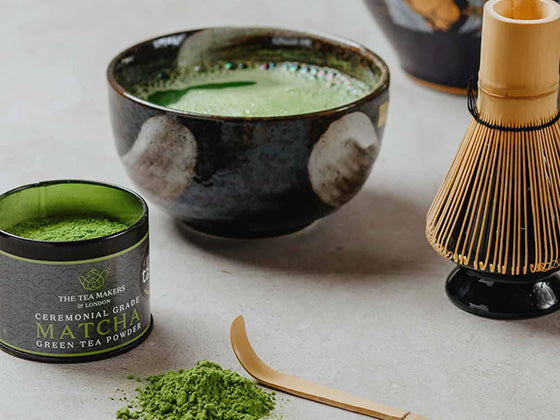
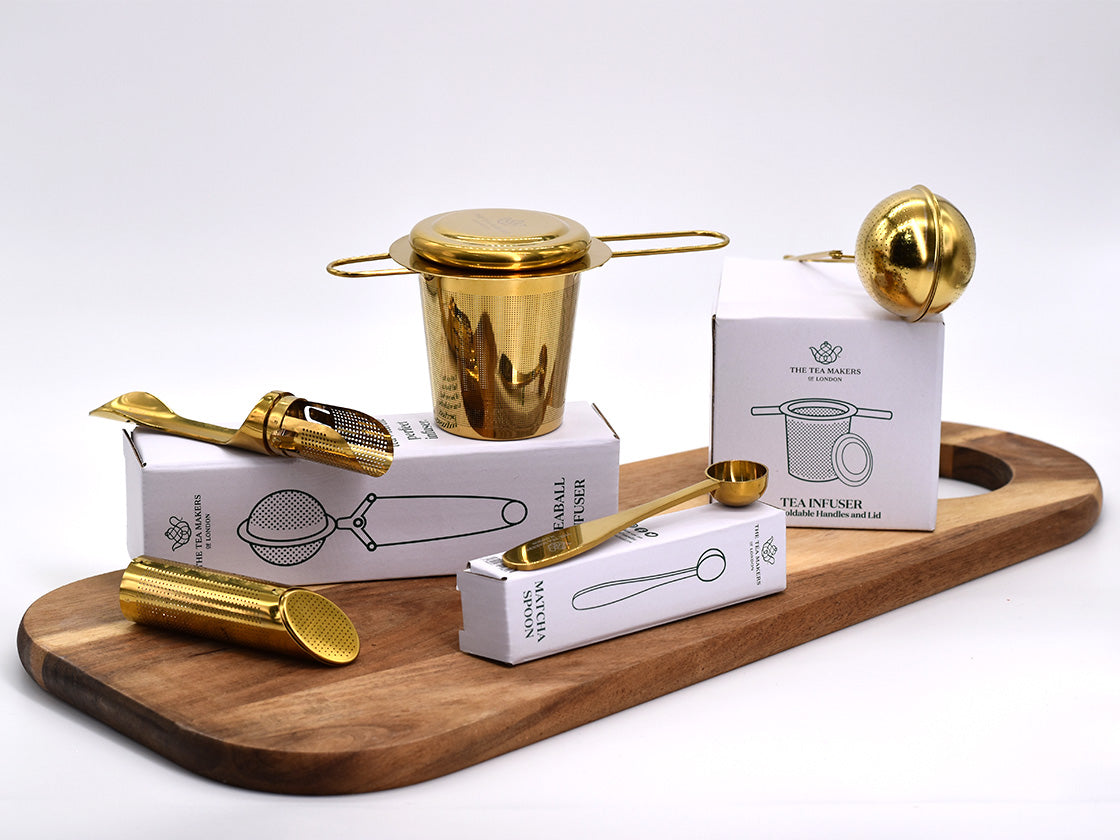


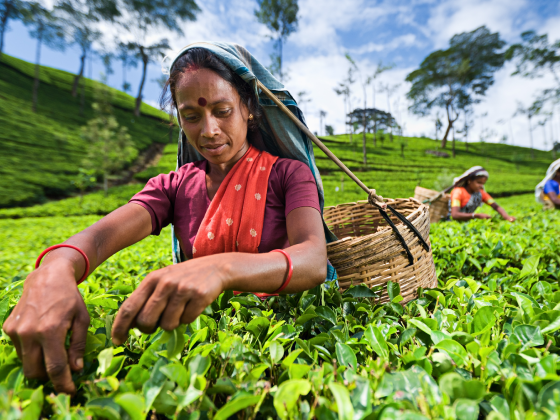
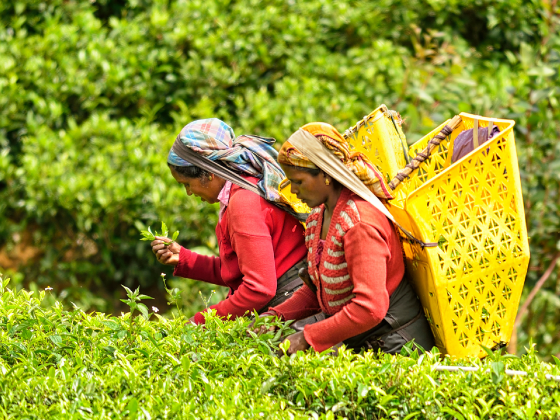


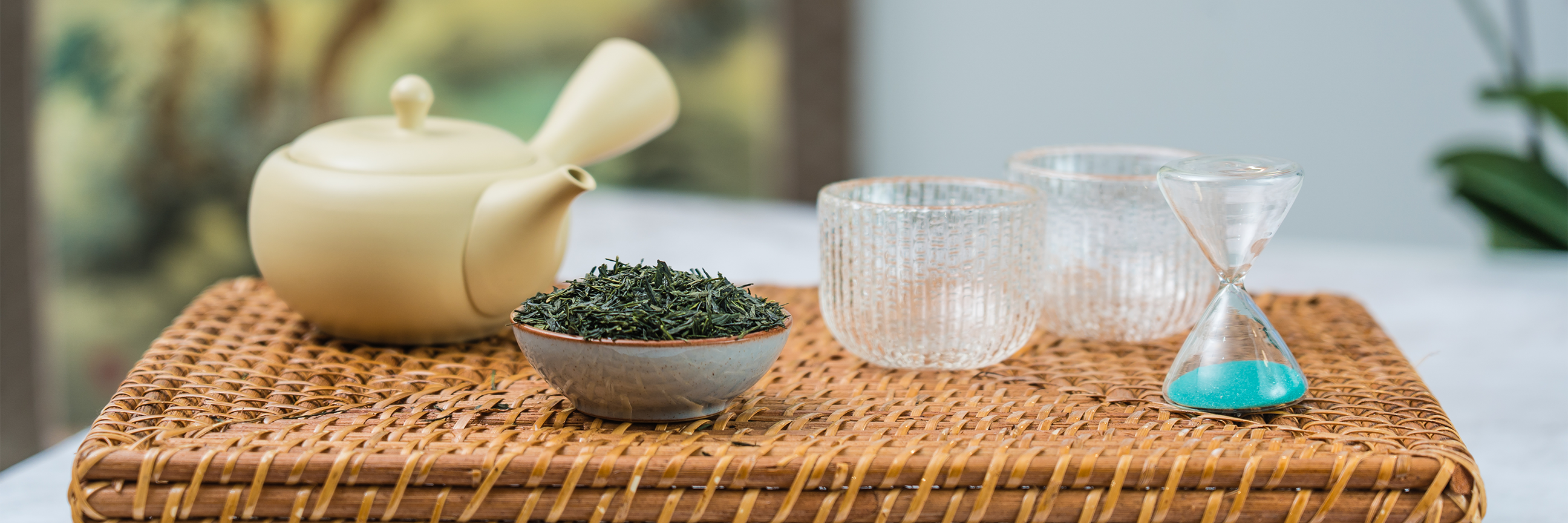
1 comment
Georgia
I’m interested in organic white tea and matcha.
I’m interested in organic white tea and matcha.